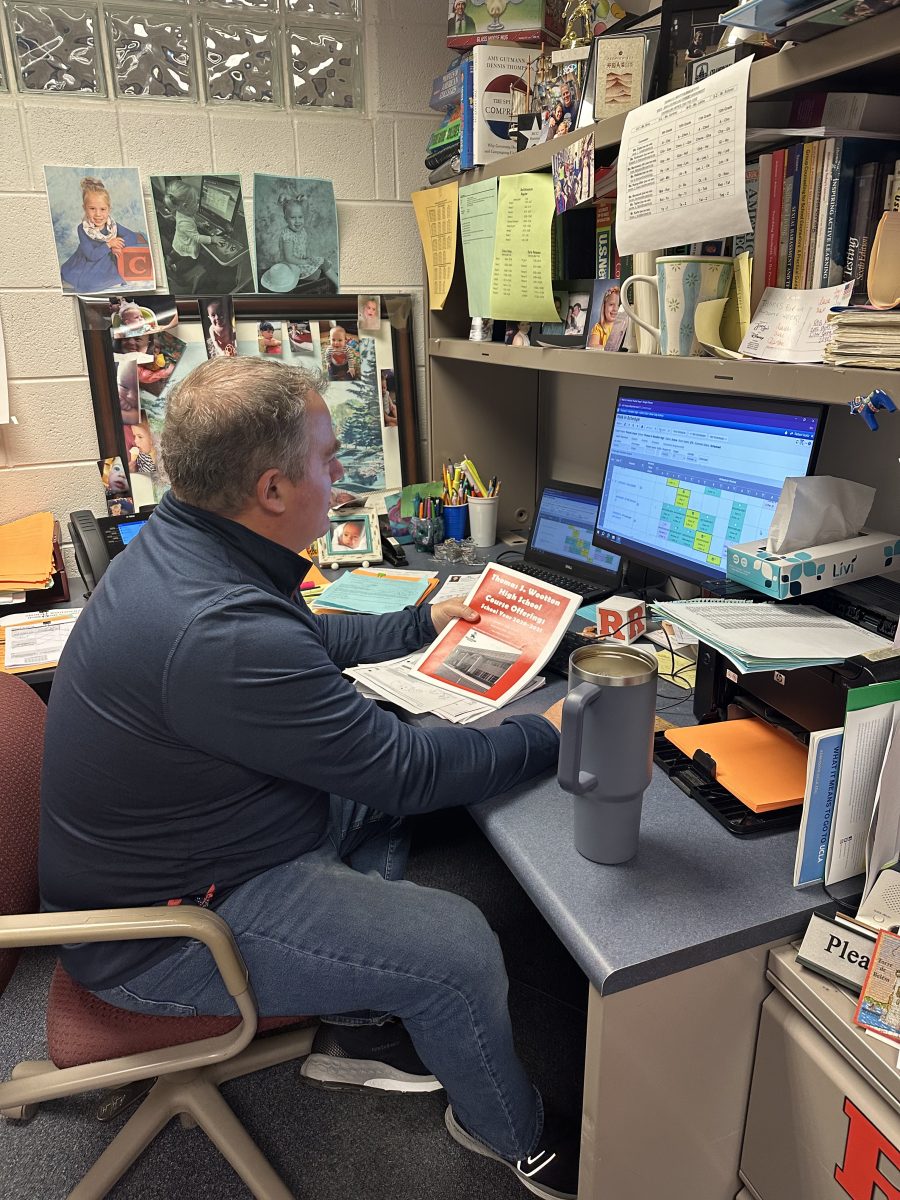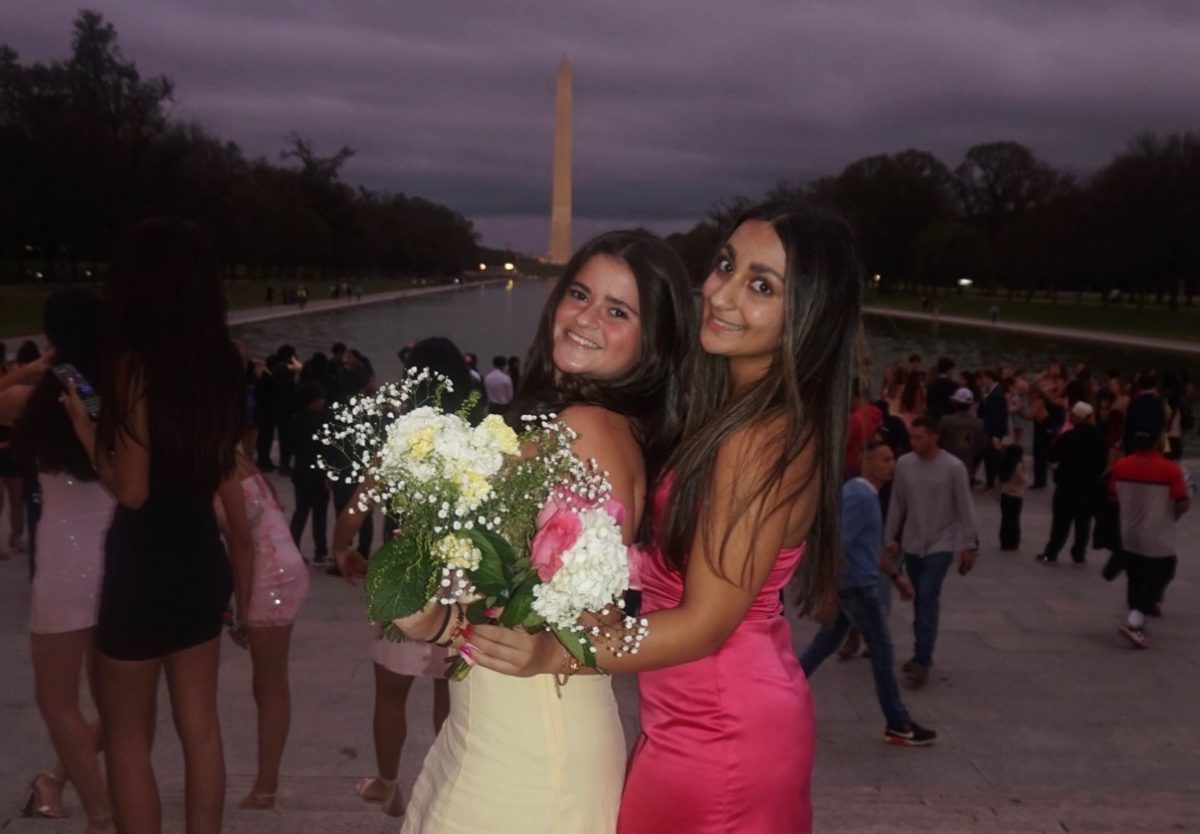This school offers a wide variety of electives for students to choose from, which allows them to find what their passions and interests are; it is also required to take an elective for two of the 22 required credits needed to graduate. Common Sense dives into the lesser-known offered courses to make the selection process a little bit easier.
Science:
While there are set courses you need to take for credits, like biology and chemistry, there are options for the final credit that don’t have to be physics.
Nutrition:
In nutrition, you learn about food types, how to balance meals and where to buy healthier food. One of the biggest perks of this class is that you explore healthy food options by actually making them. “I love it, it’s so fun. I actually learn stuff that is going to be useful to me in real life and it’s really great because it is one of the classes that actually does that,” senior nutrition student Angela Wang said.
Forensic Science:
Forensics covers science and history together as students learn about the legal procedures of forensic science and different types of jobs and what they entail, with hands-on labs testing hair, nails and other kinds of samples. “It’s an easy A if you study for the unit tests. If it’s something you find interesting or something you want to study, it’s a good beginner course. You also already know most of the science from biology,” junior Rebecca Ogorodnikov said.
Arts:
Outside of traditional art classes, like painting or drawing, other forms of art can help you gain your fine art credit.
Guitar/Piano:
The first thought people have when thinking of music is band, orchestra, a capella or chorus, but there is another option if music is something you enjoy but maybe not something you want to perform. Guitar and Piano (two separate classes) cover the basics of the instruments, giving you a chance to either learn as a beginner or increase your skill. The classes are offered at different levels (1 and 2). “It’s pretty good but the teacher doesn’t really teach us anymore. We just practice by ourselves from the booklet we get, and we have playing tests,” junior Daniela Riba said.
Social Studies:
The traditional history courses aren’t always a student favorite but certain classes might provide you with a little more enjoyment.
AP Art History:
This course covers art pieces throughout the different eras of history. You study the origins of art and study examples from different time periods. “It was a little difficult since you need to know so so much for the AP exam but I still enjoyed the class because while we covered a lot of information in a day it was also super laid back and we always had a good time,” junior Lindsey Zuniga said.
There are more social studies classes that are mostly half a semester and can be paired with other half-semester classes such as African American Studies and LGBTQ studies. There is also comparative government, which sounds just like what it is: you compare the different types of governments around the world.
English:
Newspaper:
Students who write and create pages for Common Sense all take Journalism A first, which teaches you all the basics on how to write different kinds of articles like news, profiles, opinions and reviews, and how to take pictures for those articles.
Film:
Film covers specific techniques or theories that directors and producers use, and you explore them through movies. “I like it because we obviously get to watch movies and actually apply what we’re learning to real life examples,” junior Abby Brodsky said.
P.E.:
Wellness:
English teacher Amani Elkassabany recently created a mindfulness class, which is half a semester. This class has a prerequisite of Health B. This course helps you manage your mental health since students face stressful situations daily, and helps enhance your academic success as well as their social and emotional well-being.








![Editors-in-Chief Ahmed Ibrahim, Helen Manolis, Cameron Cowen, Alex Grainger, Emory Scofield, Hayley Gottesman, Rebekah Buchman and Marley Hoffman create the first print magazine of the year during the October press days. “Only a quarter of the schools in MCPS have programs that are like ours, a thriving, robust program. That makes me really sad. This is not just good for [the student journalists] to be doing this, it’s good for the entire community. What [student journalists] provide to the community is a faith in journalism and that continues for their lifetimes," Starr said.](https://woottoncommonsense.com/wp-content/uploads/2025/10/wmpoFTZkCPiVA3YXA4tnGoSsZ4KmnKYBIfr18p3l-900x1200.jpg)